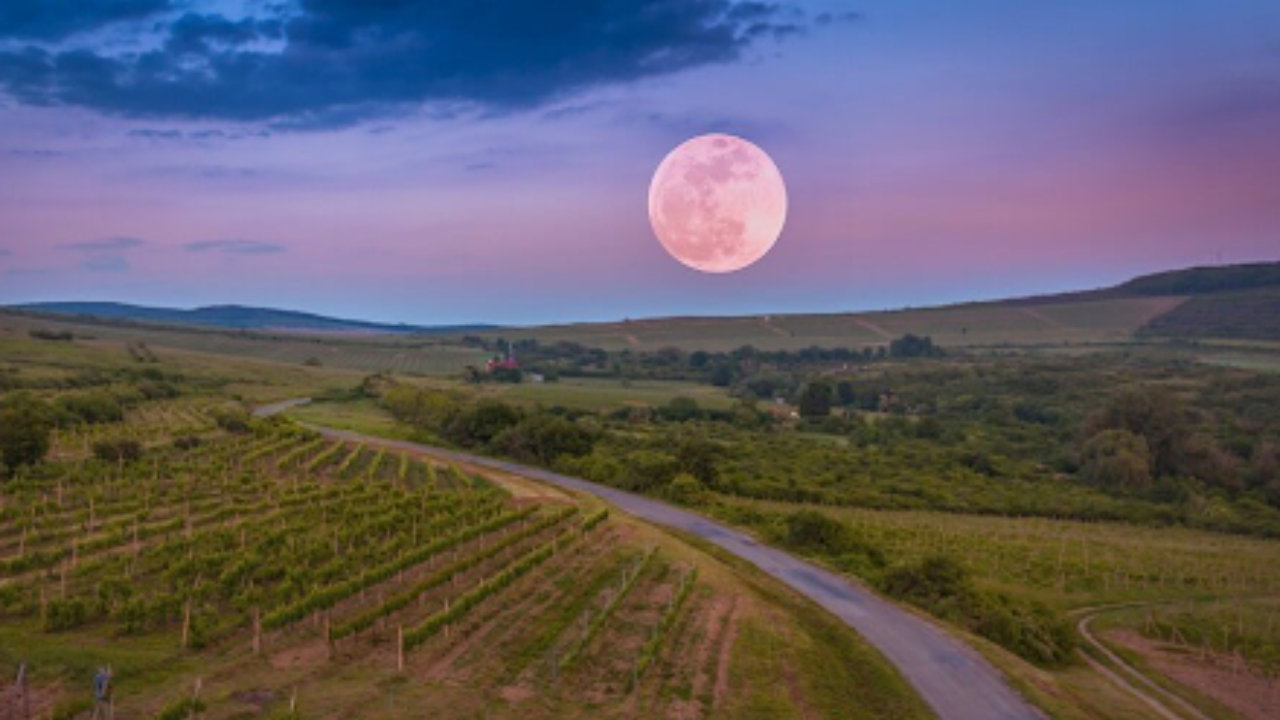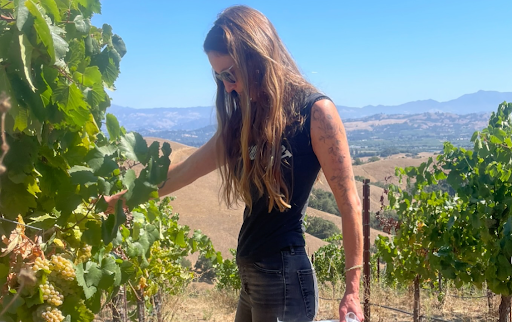The Feminine Force Behind Biodynamic Wine
Mar 23, 2025
Hi Wine Friends,
Continuing our Women’s History Month exploration of the superpowers women bring to the world of wine, this week we’re digging into intuitive farming–biodynamics, regenerative and beyond. Many winemakers now recognize the importance of avoiding pesticides and having a ‘minimal intervention’ approach in the winery. But a few are taking it a step further and making these farming systems their own–working with the earth instead of imposing rigid systems on it, in a deep, reciprocal relationship.
If you're new to biodynamic farming, here’s a quick snapshot of what it entails: the vineyard is treated as a complete, living ecosystem, so nothing is taken in or out—no synthetic sprays or chemical fertilizers. Instead, farmers make their own natural preparations from herbs, minerals, and compost to nurture the soil and plants. And one of the most unique elements? Everything is timed to the lunar calendar.

Silica 500 - the quintessential ‘cowhorn’ prep of Biodynamic farming
Now I know that sounds a little woo-woo—but it’s actually rooted in the science of how the moon impacts water. Just like the moon pulls the tides, it also influences the flow of water in plants. As it waxes and wanes, it affects sap movement, root development, and flowering. And if you want to get really witchy, you can look at how it parallels women’s menstrual cycles—if you’re not on birth control, your body will often sync with the lunar phases. (So when you and your friends “sync up,” you’re not syncing with each other—you’re syncing with the moon!)
I was reminded of this feminine magic during a recent tasting with Chisa Bize, the incredibly thoughtful winemaker at Domaine Simon Bize in Burgundy, who visited Portland on a rare trip to the Pacific Northwest. Chisa took over the domain in 2013, after the sudden passing of her husband, Patrick. At the time, she knew nothing about winemaking. French was her second language and, as she began learning the ropes, she found herself turning to Japanese texts on farming because they were easier to read—many of which were rooted in much more natural approaches than was the French norm at the time.

Even with the ‘natural wine’ craze of recent years, in Burgundy, tradition still reigns supreme. Chemical sprays, high-density planting with no cover crops, and a deep resistance to change have long been the norm. But Chisa entered the field with a different lens. She saw that the soils were tired—fatigued from centuries of over-planting. So she went her own way. Right from the start, she farmed without chemicals, embraced biodynamics, and layered in Japanese permaculture practices to help re-energize the land. One of her more innovative techniques involves creating lacto-fermentation sprays to help restore biodiversity in the soil. She also keeps lees (dead yeast cells) from previous vintages to add to current fermentations, thereby reducing the need for added sulfur.
She doesn’t use any new oak, and many of her reds undergo whole cluster fermentation—resulting in wines that are pure, fresh, and deeply expressive. I fell hard for her flinty, savory Bourgogne Blanc from Les Perrières, and tasting her 2017 Savigny-lès-Beaune 1er Cru 'Les Talmettes' was an absolute treat. She’s even launching a modern, natural-style line with more playful, glou-glou wines under Japanese names—like Akatcha, a juicy skin-contact Pinot Gris.
There’s a calm precision to Chisa’s wines, a kind of focused aliveness with a level of complexity that keeps your intellect as well as your senses engaged. But what stuck with me most was how she talked about farming. About watching the plants. Listening. Feeling. It wasn’t a system she was imposing. It was a relationship she was tending, and it is ever-evolving.
So often, the wine world is about control—taming vines, manipulating fermentation, forcing a vintage to behave. But biodynamics and regenerative farming ask something different. They ask for trust. For presence. For surrender. Maybe that’s why so many of the most compelling biodynamic wines are made by women. There’s an inherent openness to this work that seems to resonate with the female spirit.
I encourage you to seek out Chisa’s wines in your local wine shop or on your favorite restaurant list. They’re not cheap (hey, it’s Burgundy after all!) but they are worth every penny. And support small producers farming with intention, giving back to the earth just as much as they’re taking out.
Cheers and until next week,
Kelsey
Want to Celebrate More Women in Wine?

Join us on Thursday, April 3rd at Arden for a very special winemaker dinner with Jenny Schulz of Jolie Laide Wines. Jenny’s farming is completely aligned with everything discussed here, and it’s going to be an incredible opportunity to not only taste some of the unique and expressive American wines around, but meet the powerhouse woman behind them. Tickets are $95 and include a four course prix fixe menu (written specially to pair with these light, elegant wines) and a welcome glass of their iconic Trousseau Gris. After that, you can pick your own adventure, enjoying Jolie Laide selections by the glass, bottle or as wine pairings. Hope to see you there!